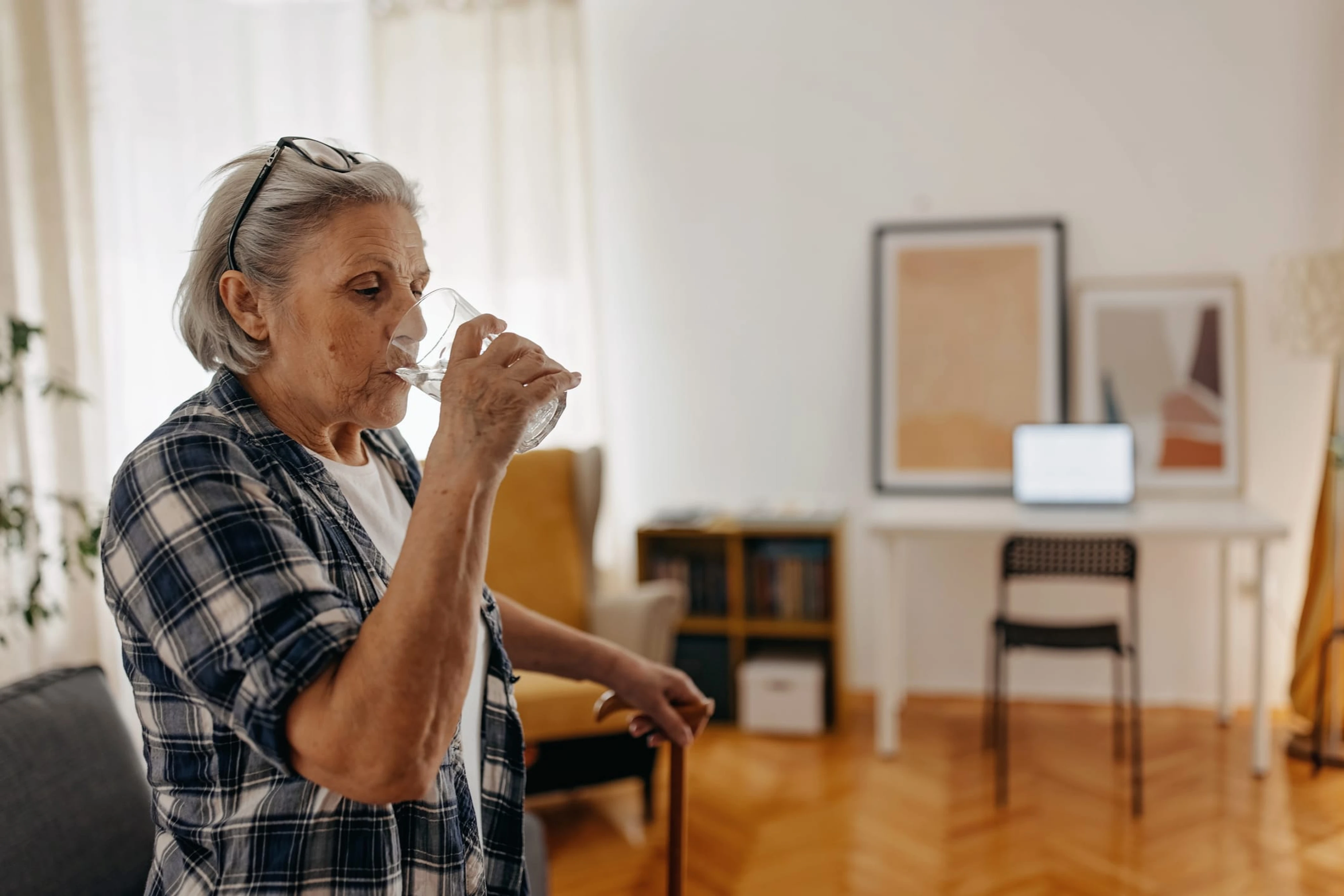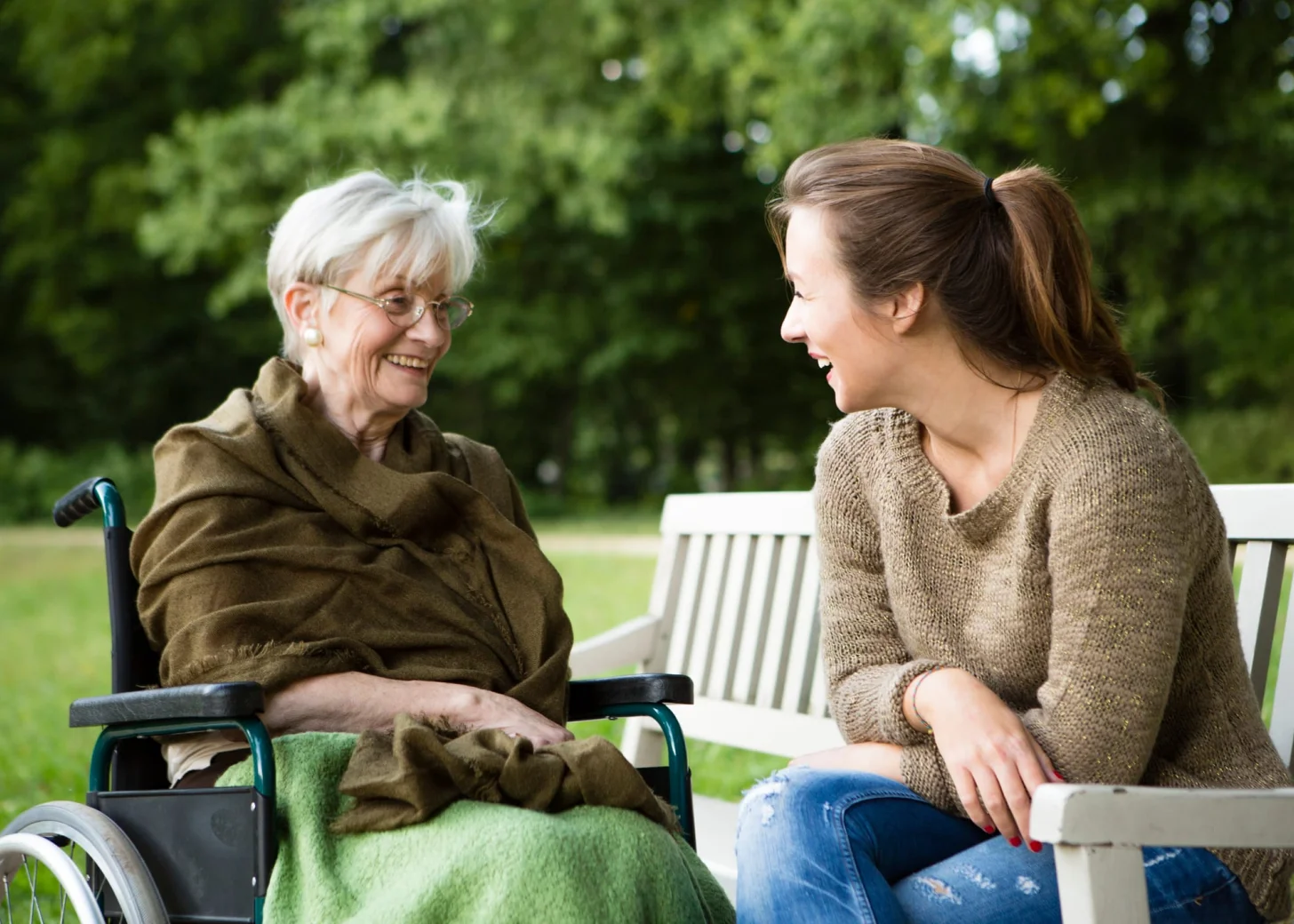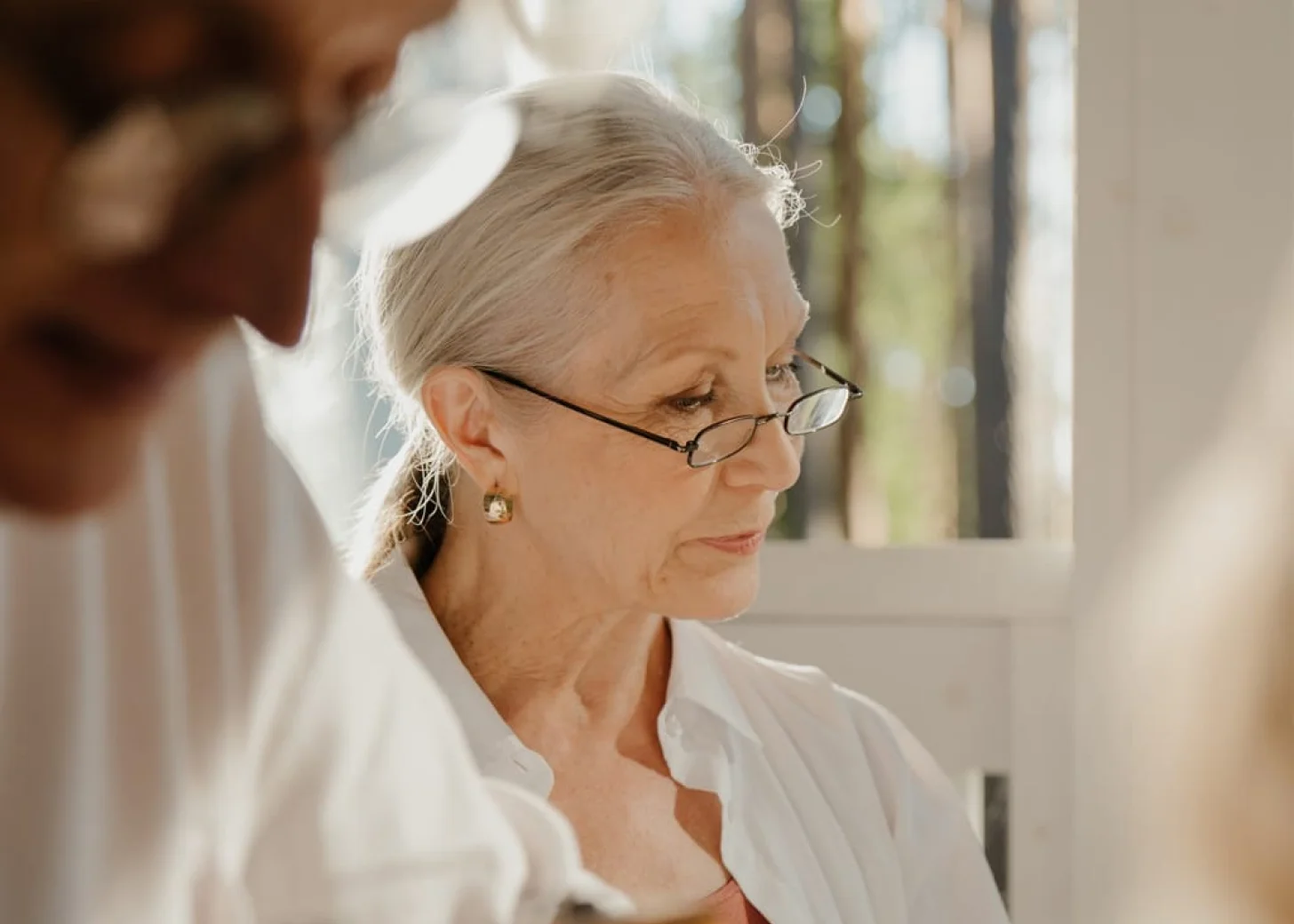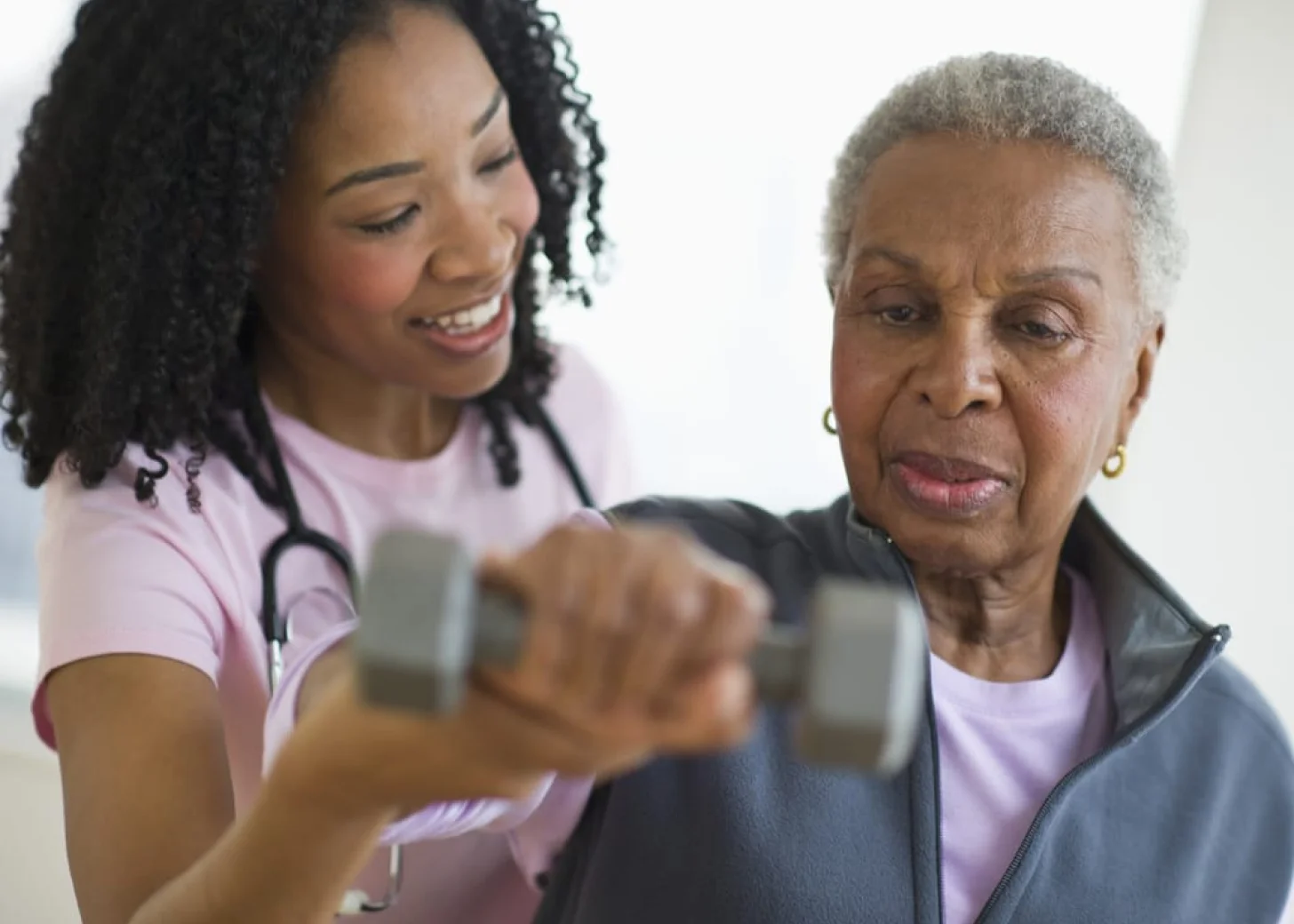As people grow older, they will sometimes have trouble regulating their body temperatures and can be more prone to dangerous conditions such as dehydration. It is important to be able to recognise the signs of dehydration in someone you're caring for throughout the year, but especially during the summer months, or whenever we experience hotter, more extreme temperatures.
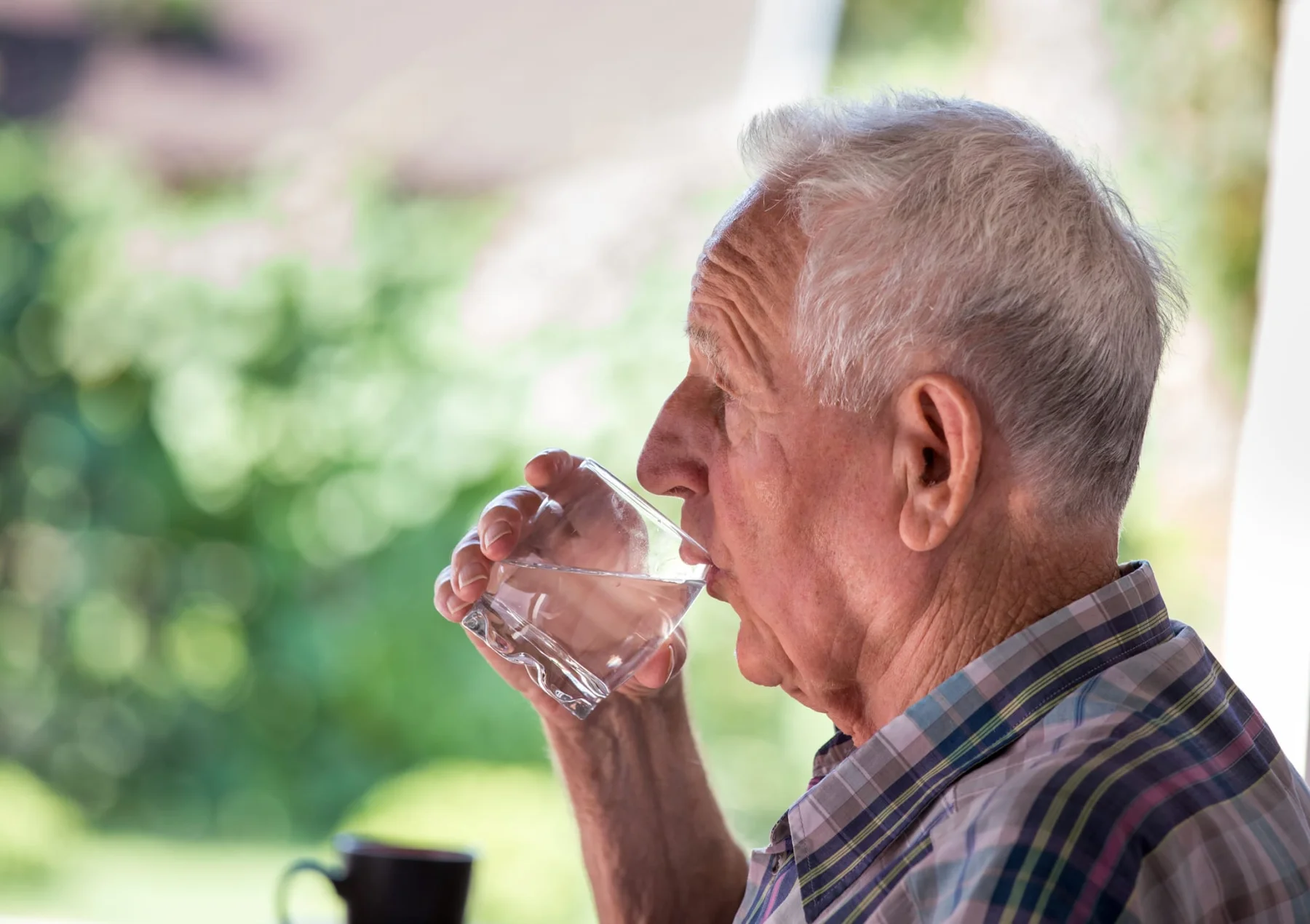
For anyone who may be caring for a loved one at home, there are three main steps in monitoring dehydration in older people.
Step 1 – Physical signs
When caring for an older relative or friend at home, it is important to look out for certain physical signs of dehydration. These include but are not limited to:
Lack of sweat
No tears
Less urine
Dark yellow strong-smelling urine
Wrinkled skin
Dry lips, mouth and tongue
Constipation
Muscle cramps
Sunken eyes
Step 2 – Mental and emotional signs
In addition to physical signs, there may be indicators of dehydration in people’s mental and emotional state such as:
Lethargy
Confusion
Irritability
Speech and words that do not make sense
Hallucinations
Sleepiness
Step 3 – Serious signs
If you detect any of the following signs in someone you are caring for, these are serious and you should seek help from a doctor or healthcare professional straight away:
Low blood pressure
Dizziness
Weak but rapid pulse
Fainting
Severe headache
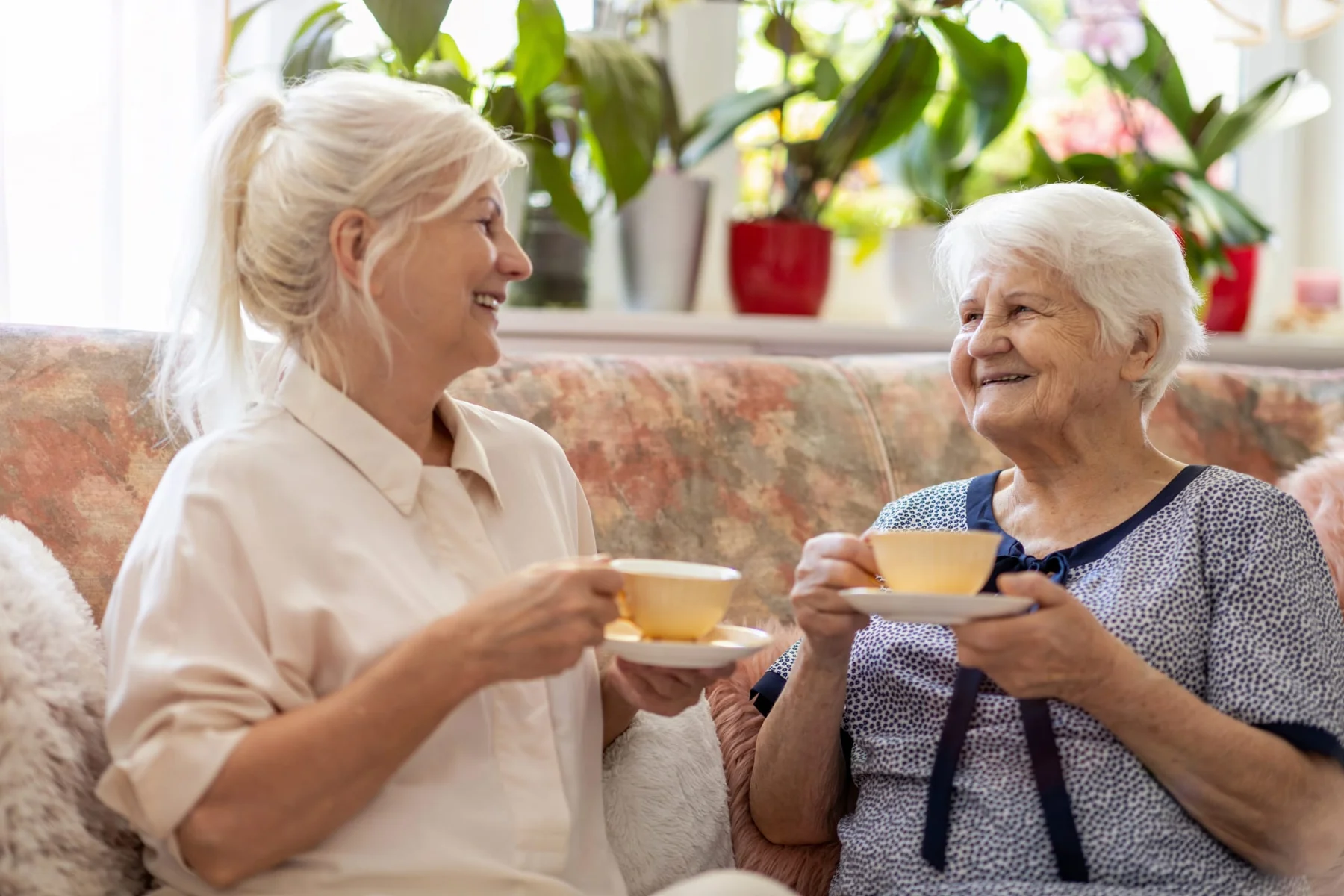
If you are caring for an older relative or friend at home, there are a number of ways that you can help keep them hydrated during the hotter months.
Have drinks readily available
Offer drinks at regular intervals and encourage visitors to do the same
Be inventive in how else you can offer fluids – for example ice lollies, soups and smoothies
Monitor those at the highest risk of dehydration and, if showing signs, act immediately
Use activity sessions to promote fluid intake such as making non-alcoholic mocktails
The fastest way to cure dehydration is to include fluids containing electrolytes such as sports drinks or oral rehydration solution. People who are unable to drink properly due to medical reasons may require IV fluids.
